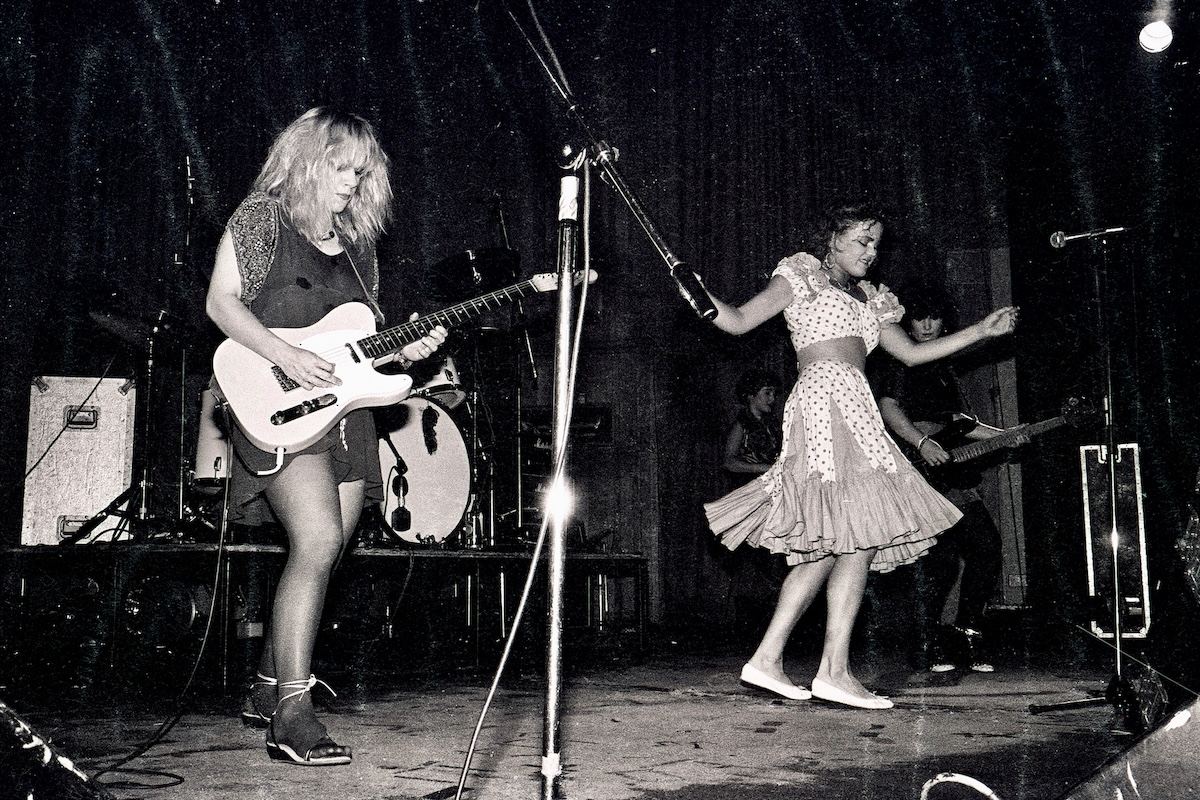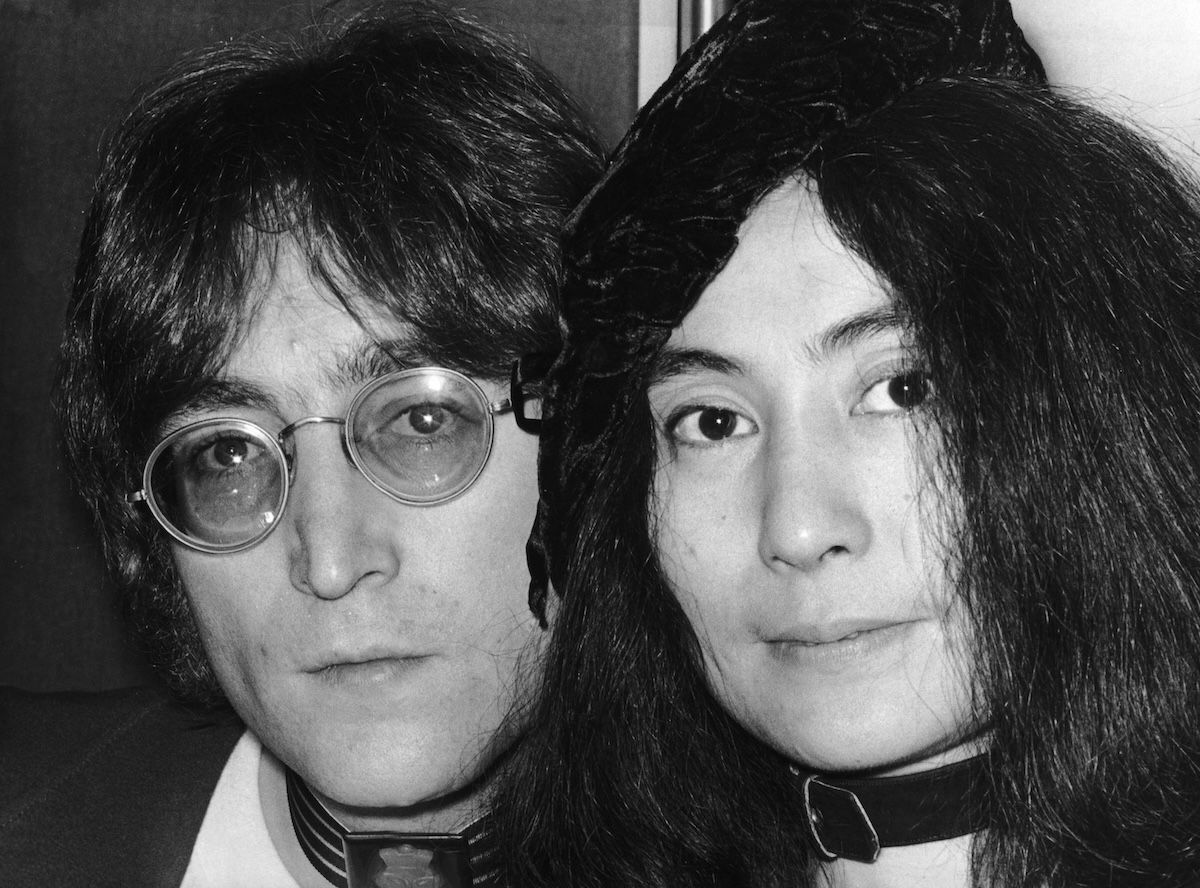It’s fun to live vicariously through musicians. They go to extremes so we don’t have to—but we love watching them do it. In recent years, music-focused films and series have inarguably cornered the documentary market. This explosion is partly thanks to streaming platforms, which have turned once-niche content into mass market entertainment. Viewers who might not have gone to a theater for a music documentary now fall into algorithm-driven rabbit holes that make it hard to stop watching.
But ironically, as the audience for music documentaries has grown, the films themselves often feel more disappointing. When it comes to biographical documentaries, it’s not enough to highlight the artist’s achievements. Who wants to see one accomplishment after the next? Every great story needs conflict. What has the artist overcome? What is the real monkey on their back? Addiction? Abuse? Lawsuits? Rejection? Family baggage? We want to see the metaphorical sex, drugs, and rock ‘n roll—regardless of genre.
More from Spin:
- Every 50 Cent Album, Ranked
- Sabrina Carpenter Stays ‘Hungry’ With Duran Duran In London
- Ozzy Osbourne, Black Sabbath Give Final Live Performances
What’s interesting is that musicians often go much deeper in their own memoirs. Their books are often raw and brutally honest, distressing but humanizing. That’s how I felt reading Belinda Carlisle’s no-holds-barred memoir, Lips Unsealed. When I interviewed her she told me writing the book felt like enduring “100 hours of therapy” she never wanted to go through again. In contrast, The Go-Go’s, directed by Alison Ellwood, made me feel nostalgic and warm, but not the least bit sympathetic to five super-cute girls with a knack for writing catchy pop songs. The Behind the Music episode on the band swung to the opposite extreme, painting them as drug- and alcohol-addled sex fiends. Surely there’s a middle ground—one that acknowledges the good, the bad, and sometimes, the ugly.

The Go-Go’s weren’t the only ones flattened by Behind the Music’s tabloid formula. But the reason we were glued to VH1 on Sunday nights is because the storytelling was conflict-driven, often unapologetically so. There wasn’t always redemption—and that was part of the appeal. Sometimes I wonder if newer documentaries are an attempt by artists to reclaim the narrative Behind the Music hijacked. The revived version of the series (now on Paramount+) doesn’t lean as heavily into melodrama, but it still finds noteworthy subjects—like Wolfgang Van Halen—who benefit from that reliable format’s honesty.
This is also why artists shouldn’t have final cut on their own documentaries. With their past transgressions safely behind them, it’s understandable they’d rather focus on the music. That’s what made us care in the first place. But talent and perfection aren’t what make us connect with musicians. It’s their flaws, their mistakes, their recovery. We want to know: How did things go wrong? How bad did it get? How low did they sink? And crucially—how did they pull themselves out? How did they stay out? The best music stories aren’t curated, they’re cracked open. When artists control the narrative, they tend to protect the myth instead of revealing the person. That’s not why we watch.
A recent blueprint for honest storytelling is Omar and Cedric: If This Ever Gets Weird. The self-told story of At the Drive-In/Mars Volta’s Omar Rodríguez-López and Cedric Bixler-Zavala hits every note—addiction, friendship, failure, identity—without offering excuses. Compare that to the indulgent four-part series Thank You, Goodnight: The Bon Jovi Story where Jon Bon Jovi is clearly in control. The early club days material is exciting, but it quickly devolves into a parade of success that drags on for four hours. Substance abuse and even the suicide of a band member are given only a few cursory minutes.
The only time a music documentary justifies a multi-episode format is when it’s subject-driven, rather than artist-driven. If the topic is rich enough, it takes time to unpack. A prime example is the criminally under-watched 1971: The Year Music Changed Everything (Apple TV+). Directed by Asif Kapadia (who also made Amy, a perfect music doc), it follows the classic “show, don’t tell” principle. Through unearthed footage and narration from musicians and insiders, 1971 weaves together the social, cultural, political, and musical upheaval of that pivotal year. Each 45-minute episode is so well-constructed, it could stand alone as a feature film.

Topic-focused series—whether about festivals, genres, movements, or pop phenomena—often succeed because they don’t revolve around a single artist. Even when musicians appear on camera, they’re contributing to a bigger story. Without an individual at the center, the series can probe more deeply. Still, not all succeed. Camden (Hulu), for instance—also directed by Kapadia—feels hollow. I put much of that on executive producer Dua Lipa. It’s a show about a place and multiple scenes that sprung from it, but says very little about either.
If the success of Oscar-bait biopics like A Complete Unknown, Rocketman, and Bohemian Rhapsody is any indication, we’re in for plenty more—starting with upcoming films on Michael Jackson and the Beatles. Biopics are a curious construct: rooted in fact but shaped by interpretation. They reflect a director’s view of the artist more than the artist themselves. Unlike traditional biographies, biopics understand conflict, not accuracy, is what drives a compelling story. Unsurprisingly, they also pull in bigger, broader audiences. An actor playing a musician is often more believable than the real thing. Case in point: Timothée Chalamet as Bob Dylan is a bigger draw than all 12 of the best Dylan documentaries combined.
The gauge for a good music documentary—or biopic, for that matter—is simple: Did it make you feel the way you do when listening to an artist you truly connect with? And, are you still thinking about it the next day? If the answer to both is yes, we have a winner.
To see our running list of the top 100 greatest rock stars of all time, click here.



